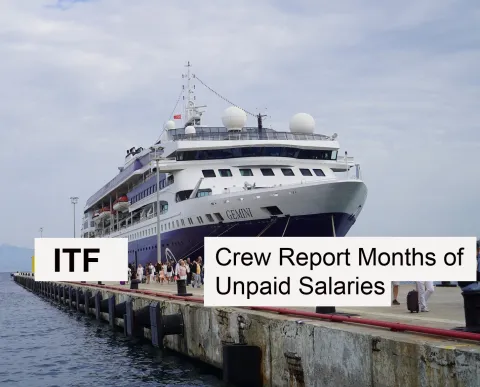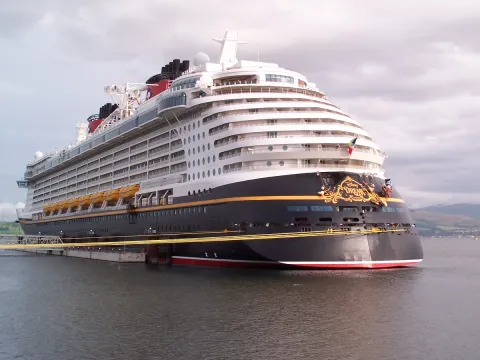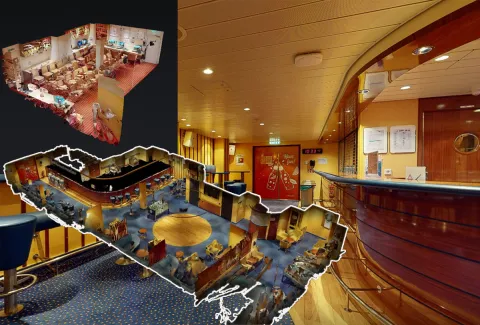
The International Transport Workers’ Federation (ITF) announced that the Seafarers' section has won the right to mandatory Internet access in international law, implemented in the updates to the 2006 Maritime Labor Convention (MLC), but is disappointed that the majority of ship owners will continue to charge its crew.
The Maritime Labor Convention is an international treaty to protect the seafarers’ rights ratified by more than 100 countries, representing over 90% of the world's fleet. One of its provisions is that government, ship-owners and seafarers' representative’s meet periodically to keep the convention constantly reviewed and updated. The latest meeting of the Special Tripartite Committee (WTC) was held in Geneva on May 13, with an agreement on a number of changes, including a commitment to better social cohesion for seafarers.
"We learned a lot during the Covid period and that led us to improve the MLC," said Mark Dickinson, vice president of the International Transport Workers' Federation (ITF) Seamen's Section, vice president of the WTC and spokesman for a group of seafarers.
"Long work at sea can be isolating," Dickinson said, "And the lack of contact with the outside world can have profound implications for the welfare of seafarers - which we have seen the worst consequences during Covid.”
“Being able to keep in touch with family and friends isn’t just a nice-to-have, it’s a basic human right. That’s why we fought so hard for seafarers to be given internet access and to have a mandatory provision in the MLC.”
Despite the fact that ships already have the technology to provide Internet access, ship-owners remain on the same position to charge the crew for internet services and be able to restrict access.
The Seafarers Group has lobbied to ensure that all fees charged to seafarers remain an exception, and if any fees are imposed that they are reasonable. Governments are also encouraged to increase Internet access in ports and associated anchorages at no cost to seafarers.












